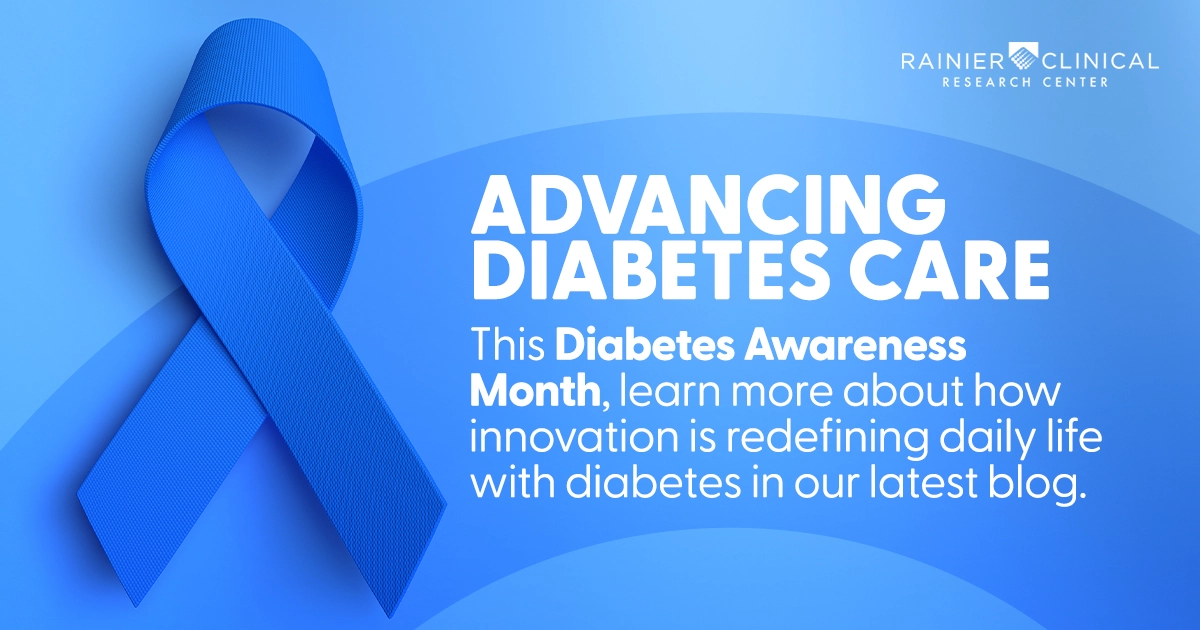
_10OCT2025_PM%20(1).jpg)
The Hidden Cholesterol: Lp(a)
When most people think about cholesterol, LDL (“bad” cholesterol) and HDL (“good” cholesterol) are usually the main focus. But there’s another type of cholesterol that often flies under the radar: Lipoprotein(a), or Lp(a). Sometimes called the “hidden cholesterol,” Lp(a) is gaining attention among researchers and cardiologists for its role in heart disease risk.
What Is Lipoprotein(a)?
Lipoprotein(a) is a type of lipoprotein particle made up of LDL cholesterol attached to a protein called apolipoprotein(a). Everyone has different levels of Lp(a), and these levels are primarily determined by genetics, not by diet or lifestyle. Unlike traditional LDL cholesterol, Lp(a) levels don’t usually respond to changes in diet, exercise, or common cholesterol medications.
Why It Matters
Elevated Lp(a) levels can contribute to plaque buildup in the arteries, increasing the risk of conditions like heart attack, stroke, and aortic stenosis. Because most standard cholesterol panels don’t measure Lp(a), many people may not realize they’re at increased risk even if their other cholesterol numbers look normal.
If you have a family history of early heart disease, or if heart problems have appeared despite healthy habits, it may be worth asking your healthcare provider about getting your Lp(a) levels tested.
Current Research and What’s Ahead
There are currently no approved treatments specifically designed to lower Lp(a), but that’s changing. Researchers are actively studying new therapies that may help reduce Lp(a) and lower the risk of related cardiovascular events. Clinical research is paving the way for more targeted, personalized approaches to heart health.
-Research_24SEP2025_PM.png)
Learn More About Lp(a) Research
At Rainier Clinical Research Center, we’re dedicated to advancing the understanding and treatment of cardiovascular risk factors like Lp(a). Participating in clinical research helps move science forward and may offer access to potential new therapies under study. Learn more about our Lp(a) research studies and see how you can get involved.


